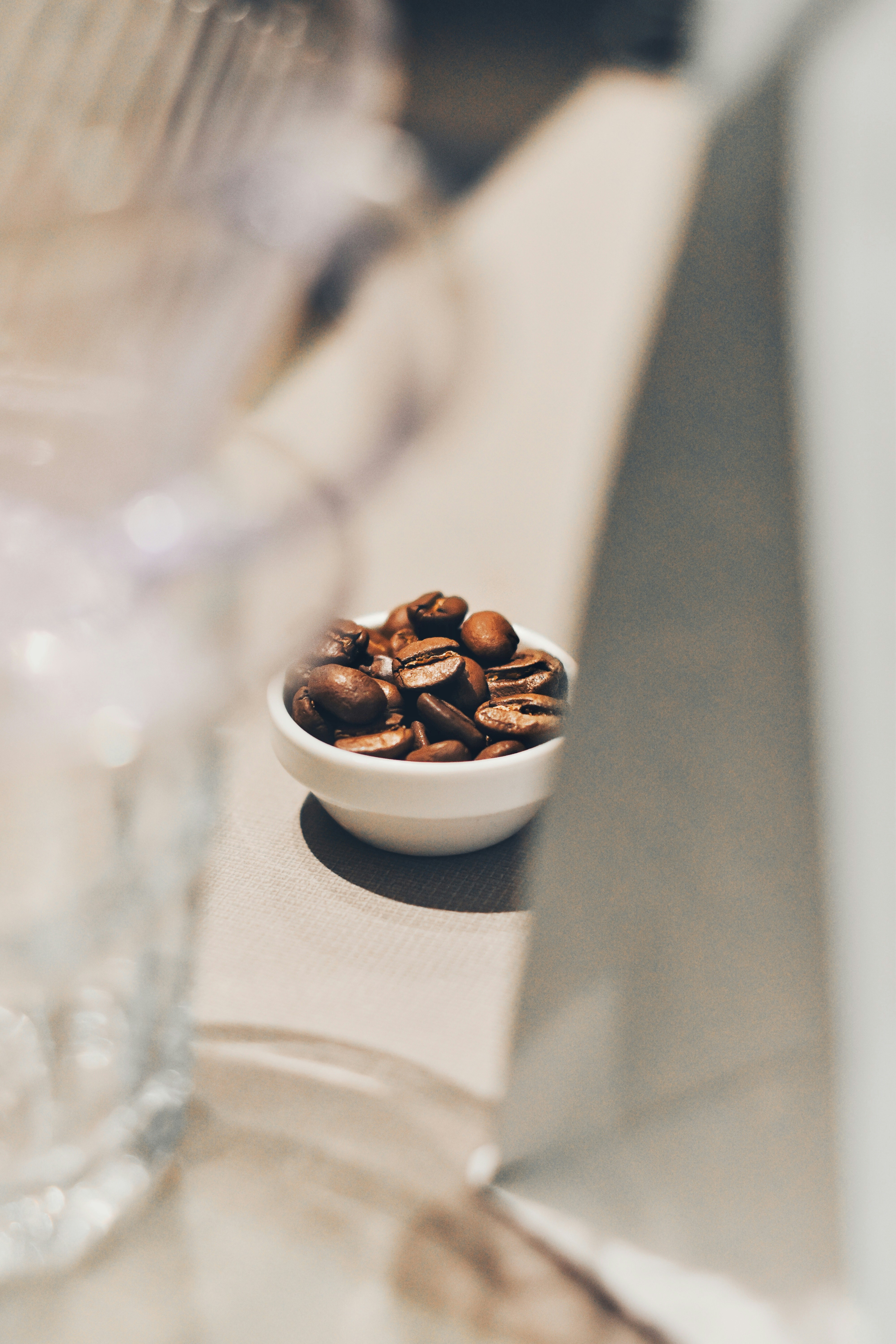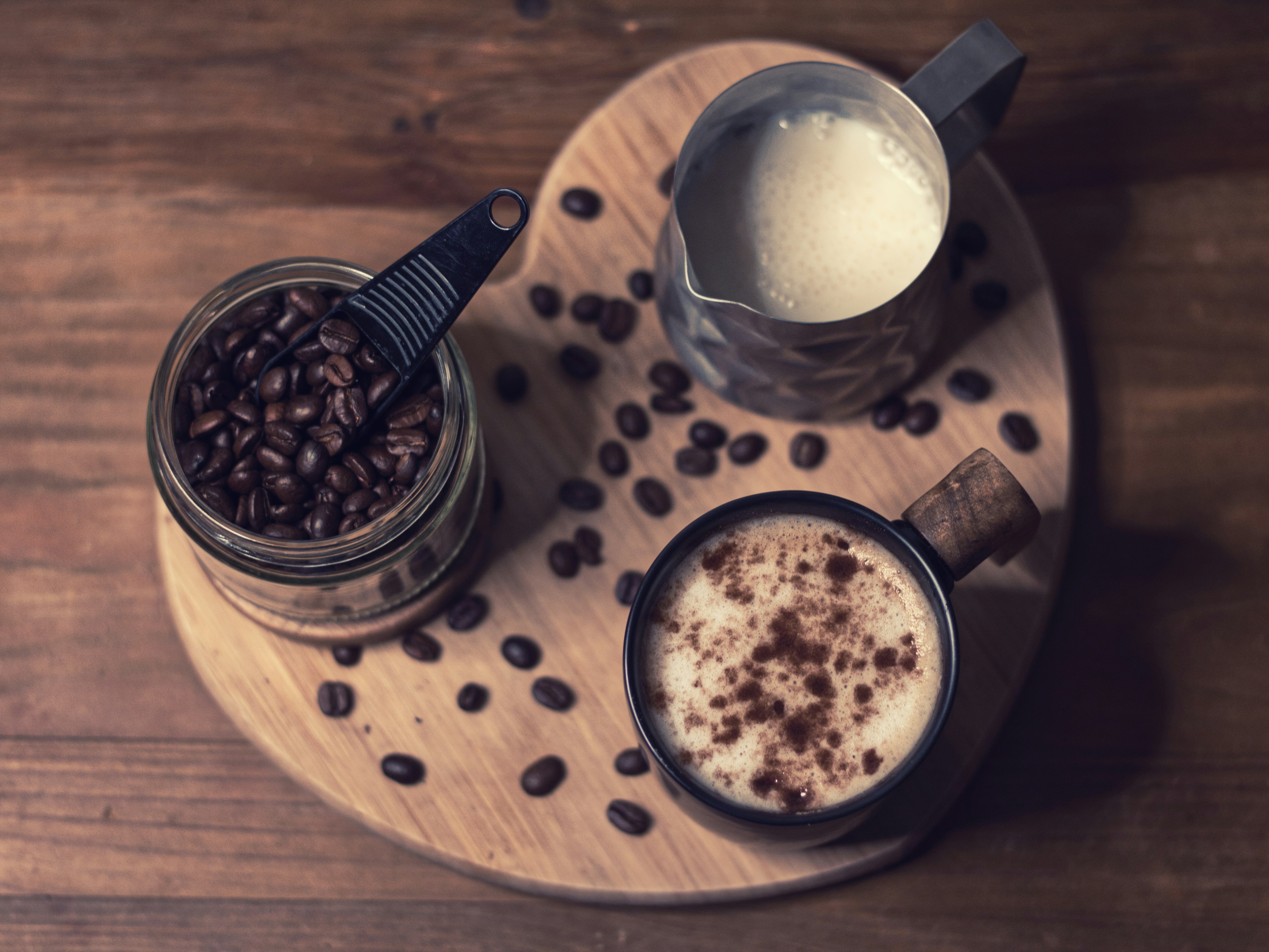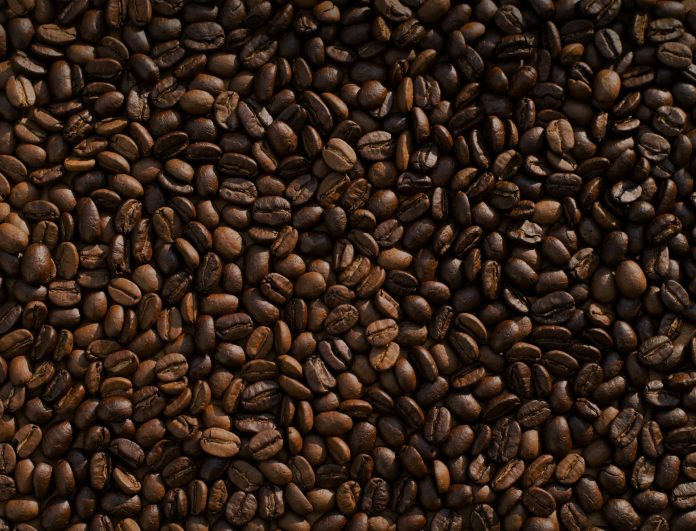My plan is straightforward. This week, I’ll reduce my daily consumption to just one coffee; the following week, I’ll cut out caffeine entirely. I do so with a bit of trepidation, knowing that the path ahead may include challenging symptoms like headaches and irritability.
The irony isn’t lost on me – trying to reduce anxiety by undertaking something that initially causes discomfort. But the longer-term benefits compel me to see it through.
I start drinking coffee in the bottle. That’s how long I have had caffeine in my bloodstream.
Caffeine is the most widely used psychoactive substance in the world
Understanding Caffeine Addiction
I start my day with a steaming cup of coffee or tea, relying on that caffeine jolt to kick-start my mornings. While caffeine enhances my alertness and improves concentration in the short term, it has led to addiction. Caffeine addiction, for me, manifests as a reliance on caffeine to perform daily activities, with the potential for physical, emotional, and psychological dependence.
Research indicates that regular and chronic caffeine use can alter brain chemistry, affecting neurotransmitters and hormones. This increases tolerance, meaning you’ll need more caffeine to achieve the same stimulating effects. Over time, this cycle can create a dependency, making it challenging to function normally without caffeine.
Caffeine withdrawal is recognised by the medical and psychiatric community as a real condition, often dubbed Caffeine Use Disorder (CUD). Symptoms of withdrawal can include headaches, irritability, anxiety, depressed mood, and difficulty concentrating. These symptoms usually begin within 12 to 24 hours of discontinuing caffeine and can last anywhere from 2 to 9 days, depending on the individual.
Understanding these aspects of caffeine addiction is essential when planning to reduce or eliminate caffeine from your life. Awareness of potential withdrawal symptoms and preparing coping strategies can help ensure a smoother transition and a healthier relationship with caffeine.
Regular caffeine use can lead to physical dependence within a few weeks
The Dose makes the Poison
As I drink less and less coffee, I think my tolerance for caffeine may have also dropped as I have aged. This was not an overnight realisation but rather a gradual awakening. I could easily consume multiple cups when I was younger without facing any notable consequences. However, as I’ve grown older, I’ve become more attuned to caffeine’s subtle yet persistent effects on my body and mind. The jittery sensation, the elevated heart rate, and the creeping anxiety have all become more pronounced, nudging me to reconsider my consumption habits.

My Journey with Caffeine and Anxiety
For a long time, I have been acutely aware of the effects of coffee on sleep. Consequently, I have adhered to a self-imposed rule: no caffeine after 12 PM. This strategy has worked wonders for my sleep hygiene. I fall asleep quickly and enjoy a night of restful, uninterrupted slumber. This practice also provides a stable foundation as I embark on my journey to reduce my overall caffeine intake, mitigating one less variable in the complex equation of caffeine withdrawal. However.
Caffeine, once a cherished ally in my daily routine, began to morph into something more sinister over time. I used to revel in the invigorating jolt of a morning coffee. Yet, as the years progressed, I couldn’t ignore the mounting evidence—caffeine was no longer just my pick-me-up. It had become a powerful agitator of my anxiety.
I’ve realised that caffeine heightens my arousal levels, sometimes sending my heart into a frenzied race, like a drummer gone rogue. While useful in moderation, this heightened state of alertness began to tip into treacherous territory for me. Instead of sharpening my focus, it started to blur my emotional balance. I’d find myself jittery, my thoughts skittering like pebbles on a pond’s surface, unable to sink into calm waters.
This wasn’t just occasional unease. There were days when a simple cup of coffee would trigger waves of anxiety, crashing over my resolve. I felt trapped in a paradox: the very thing I turned to for a sense of control was spiralling me further into the chaos of anxiety. Recognising this was a pivotal moment. It was time to make a change, to take a step back and reassess my relationship with caffeine.
Developing a Withdrawal Plan
Creating a withdrawal plan isn’t merely about decreasing the number of coffees per day; it requires a ride through the labyrinth of one’s routines and triggers, unearthing the hidden pulses of addiction. Instead of leaping off into the abyss, I plan to descend from my caffeine throne one step at a time. This week, I’ll limit myself to a single cup of coffee every morning—a ritualistic sip to ease the transition. As the steam curls in the morning light, I brace myself for what lies ahead: a gradual disentwinement from the deeply ingrained habit that has both comforted and ensnared me for so long.
To navigate this path, mindfulness becomes my compass. I start by identifying the usual suspects: those moments when I instinctively reach for a cup. Mid-morning slump? Afternoon energy dip? By recognising these habitual cues, I can anticipate the cravings before they strike, replacing them with healthier alternatives. Sparkling water, a brisk walk, or a few moments of deep breathing become allies in this endeavour.
It’s not just about swapping beverages; it’s also about altering the fabric of my daily ritual. I find solace in the notion that each step back from caffeine is a step towards reclaiming my equilibrium. With every morning coffee, I tell myself it’s a conscious choice, not a necessity. The endgame is not just to sever dependency but to rewrite my narrative—one where caffeine no longer dictates the tempo of my day.
Headaches occur in up to 50% of people undergoing caffeine withdrawal
Managing Withdrawal Headaches
I am currently in the process of reducing my caffeine intake to just one cup per day. As I traversed this path, the withdrawal headaches became my first formidable adversary. Anticipating these headaches made me hesitate and almost reconsider my decision. Yet, in the name of tranquillity and reduced anxiety, I pressed on. What strikes me immediately is the intensity and persistence of these headaches, beginning subtly behind my eyes and steadily spreading forward, enveloping my forehead in a tight, throbbing grip.
I find solace in knowing that there are remedies within arm’s reach. Oddly comforting is the paradox that one can address a caffeine withdrawal headache by—yes, consuming a small amount of caffeine. However, moderation is key; it cannot become a crutch, merely a stepping stone towards a caffeine-free existence.
On particularly stubborn days, when the headache roars with a life of its own, I reach for over-the-counter pain relievers. Ibuprofen often does the trick, taking the edge off the pain. Yet, medication isn’t my only ally. Staying hydrated has become my mantra. With each sip of water, I feel as if I am flushing out remnants of my caffeine dependence, though it might just be the simple biology of hydration at play.

Staying Hydrated: The Importance of Water
Staying hydrated is one of the most overlooked yet crucial aspects of managing caffeine withdrawal. Often overlooked in daily routines, water becomes our steadfast ally during this tumultuous transition. As I embark on my caffeine tapering journey, I quickly realise the pivotal role hydration plays in mitigating withdrawal symptoms, especially those dreaded headaches.
Why is water so important? Caffeine acts as a diuretic, increasing urine output and depleting the body’s water reserves. When cutting back, the body must readjust to this new norm, and hydration helps facilitate this balancing act. By drinking enough water, I can cushion the blow of reduced caffeine and stave off some discomfort. Aiming for the often-touted eight glasses a day, I make it a point to always keep a bottle of water within arm’s reach.
Interestingly, the simple act of drinking water can also serve as a psychological placebo. Each sip becomes a small, reassuring ritual, an affirmation that I am actively taking care of my well-being. Moreover, proper hydration aids in regulating body temperature, maintaining joint lubrication, and ensuring smooth digestion—all elements that bolster an overall feeling of wellness, crucial when dealing with the tumult of withdrawal.
For those like me, who sometimes struggle to remember to drink water, integrating flavoured water or herbal teas can be a delightful motivator. These alternatives offer a subtle, enjoyable variety without the pitfalls of caffeine.

The Link Between Caffeine and Anxiety
I’ve realised that my daily caffeine ritual, once a comforting and familiar routine, has gradually become a double-edged sword. On one hand, the surge of energy and heightened alertness accompanying my morning coffee is unparalleled. On the other, the rising tide of anxiety that it triggers is beginning to overshadow the benefits. This bitter revelation has prompted me to delve deeper into the intricate relationship between caffeine and anxiety, uncovering a complex interplay of neurotransmitters, hormones, and psychological dependencies.
As I sip my solitary cup, I’m acutely aware of the paradox I’m living. Caffeine, the very substance that once seemed to unlock my potential, now feels like a puppeteer pulling the strings of my nerves. Scientifically, caffeine blocks adenosine receptors in the brain, a mechanism that not only wards off drowsiness but also stimulates the release of adrenaline, our ‘fight or flight’ hormone. This sudden influx gears the body up for action, which can be beneficial in moderation. However, when consumed excessively, it stirs a persistent state of heightened alertness and restlessness, often indistinguishable from the symptoms of anxiety itself.
Interestingly, the relationship is not purely linear. Recent studies suggest that regular caffeine consumption might be linked to a reduced risk of depression, adding another layer to this intricate web. The stimulant effect of caffeine, albeit temporary, can elevate mood and sharpen concentration by influencing neurotransmitters like dopamine and serotonin. This might explain why, despite the clouds of anxiety, I find it hard to part ways with my caffeinated companions.
But here lies the crux: the toll it takes on my mental health. The fine balance between caffeine-induced euphoria and the undercurrent of anxiety is precarious at best. I’ve noticed that on days when I overindulge, my anxiety escalates, manifesting in jittery nerves, a racing heart, and a mind that refuses to quiet down. This isn’t merely a coincidence; it’s a physiological response exacerbated by the chemical chaos caffeine imposes on my system.
Coffee and My Sense of Identity
An intriguing aspect is how much I ‘self-identify’ as a coffee drinker. In much of my therapy over the last few years, we have discussed the ‘self-image’ I have built up around myself—this website being a prime example of the persona I have created around me. Stopping drinking coffee is also letting part of that image go—and it’s a bit of a struggle.

A quick history of Caffeine
Caffeine’s story begins as a natural compound found in over sixty plant species. This remarkable stimulant is embedded in the verdant leaves of tea plants, nestled within the beans of Coffea trees, and even integrated into the seeds of cola nuts. It has existed throughout history, piquing curiosity and invigorating minds since time immemorial.
The earliest known use of caffeine dates back thousands of years. Around the 10th century, legend has it that an Ethiopian goat herder named Kaldi discovered his goats bouncing with unusual energy after nibbling on the red berries of a certain shrub. Intrigued, Kaldi sampled the berries himself and experienced a newfound vitality. His discovery eventually reached the monks, who used these berries to stay awake during long hours of prayer and meditation.
Fast forward to the 15th century, coffee houses began to spring up in the Middle East, notably in Mecca. These bustling hubs, known as “Qahveh Khaneh,” served as social gathering places where intellectuals, artists, and merchants exchanged ideas over cups brimming with the stimulating brew. By the 17th century, coffee had made its way to Europe, where it quickly became a phenomenon, stirring a revolution in social and cultural life. The famous English coffeehouses, “penny universities,” became the epicentres of enlightened conversation and commerce.
Tea, another significant source of caffeine, has an equally rich history. Dating back to ancient China, it was initially consumed for its purported medicinal properties before evolving into a cultural mainstay. By the Tang dynasty (618-907 AD), tea drinking had assumed a symbolic significance, woven into societal rituals and daily existence.
In modern times, the ubiquity of caffeine is unmistakable. It is the one constant in an ever-evolving beverage landscape, embraced for its ability to offer a palpable sense of wakefulness and enhanced focus. However, as integral as caffeine is to our daily routines, it is essential to recognise its potent biological effects and the delicate balance required to harness its benefits without succumbing to its drawbacks.


